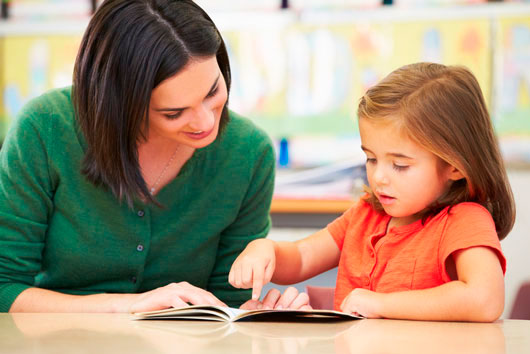
In the late 1990s, I was a high school teacher in Charlotte’s inner-city. My students had stories that were so similar to mine: lower middle class, immigrant, minority, trying desperately to make their way in a world that didn’t always seem them of worthy of a shot. As a teacher, I had a sense of urgency to my work, and I understand that powerful learning only happened with an emotional connection. Most kids were not got to walk into my classroom with an emotional connection to United States History. If I was going to reach my kids, I had to be the emotional connection. Every day, I pressed myself to do exactly that.
More than a decade later, I still hear from my high school students. They share stories of their families and their work. They are police officers and nonprofit professionals, teachers and entrepreneurs. And, sadly, some of them are no longer with us.
Just last week, an email arrived from a mother of a young man who had a difficult time in high school. He was absolutely lovely and always polite; his smile lit up my classroom. During a particularly difficult period, I gave him a copy of Tuesdays with Morrie and wrote an encouraging message in it. Years later, he would write me from college and tell me that he carried that book with him on every move and pulled out that note whenever he needed encouragement. Last week’s email from his mom, though, told me that he had passed away and that she now had that book.
Thank you so much for taking the time to show my son that someone cared.
Needless to say, I cried, and then I started thinking about mentoring. We all had adults who were not our parents who cared about us when we were young—a coach, a teacher, a youth minister. Kids need more people than their parents on their team (there comes a point in every kid’s life where she begins to think that her parents are just saying those nice things because they are supposed to ‘since they’re my parents and all.’ That’s when a non-parental mentor makes even more of a difference). All kids need a cadre of people who care about them, even the kids with big allowances and bigger houses.
In honor of the incredible gifts I have been given through being mentored my whole life, I make sure that I am always—either formally or informally—mentoring someone. As it turns out, the imprint made during a mentoring relationship is indelible for both parties. What I have found over time is that I am never just the one doing the mentoring- no matter the age or experience of the person with whom I have partnered. I am always equally mentored, hat is the beauty of this shared experience.
BE A MENTOR: TIPS FOR BEING A GOOD ONE
Today, embrace the role of being a mentor, either formally (through a program like Big Brothers Big Sisters) or informally, taking a younger co-worker under your wing. If you’ve been eager to try a program like Big Brothers Big Sisters but worried that you needed more direction, here are some suggestions to help smooth the transition into your new relationship.
- The three most fundamental needs in mentoring are sharing yourself, reinforcing your mentee’s strengths, and giving her greater exposure to the world. Ask her what she wants from the relationship.
- Listen.
- Don’t take silence as a desire to not have a mentor or as a sign of dislike. It can take a while to warm up and build trust. If you ask what she would like to talk about or do and she shrugs or says she doesn’t know, it could really mean that she isn’t sure what parameters you might have and doesn’t want to be embarrassed by suggesting something outside those parameters. Offer examples of what you could do together.
- Encourage self-awareness. Take your mentee to a bookstore and let her pick out her very own journal. Every now and again, give her a prompt that you will also reflect on. The next time you get together, share your answers to the prompt.
- Read a book together at the same time and then discuss it.
- Go to the movies or a play/ performance together.
- Garden or visit a farm together.
- Visit the local museums, zoos, and aquariums.
- Take a class together.
- Volunteer together.
- Visit a college and take a tour.
- Show her pictures of your youth and tell her stories. Invite her to do the same.
- Take her to a meal at a restaurant that offers cuisine she has never had.
- Take her to the library to get a library card if she doesn’t have one.
Do you mentor? What has the experience been like to you? What strategies have you used to engage mentees?











